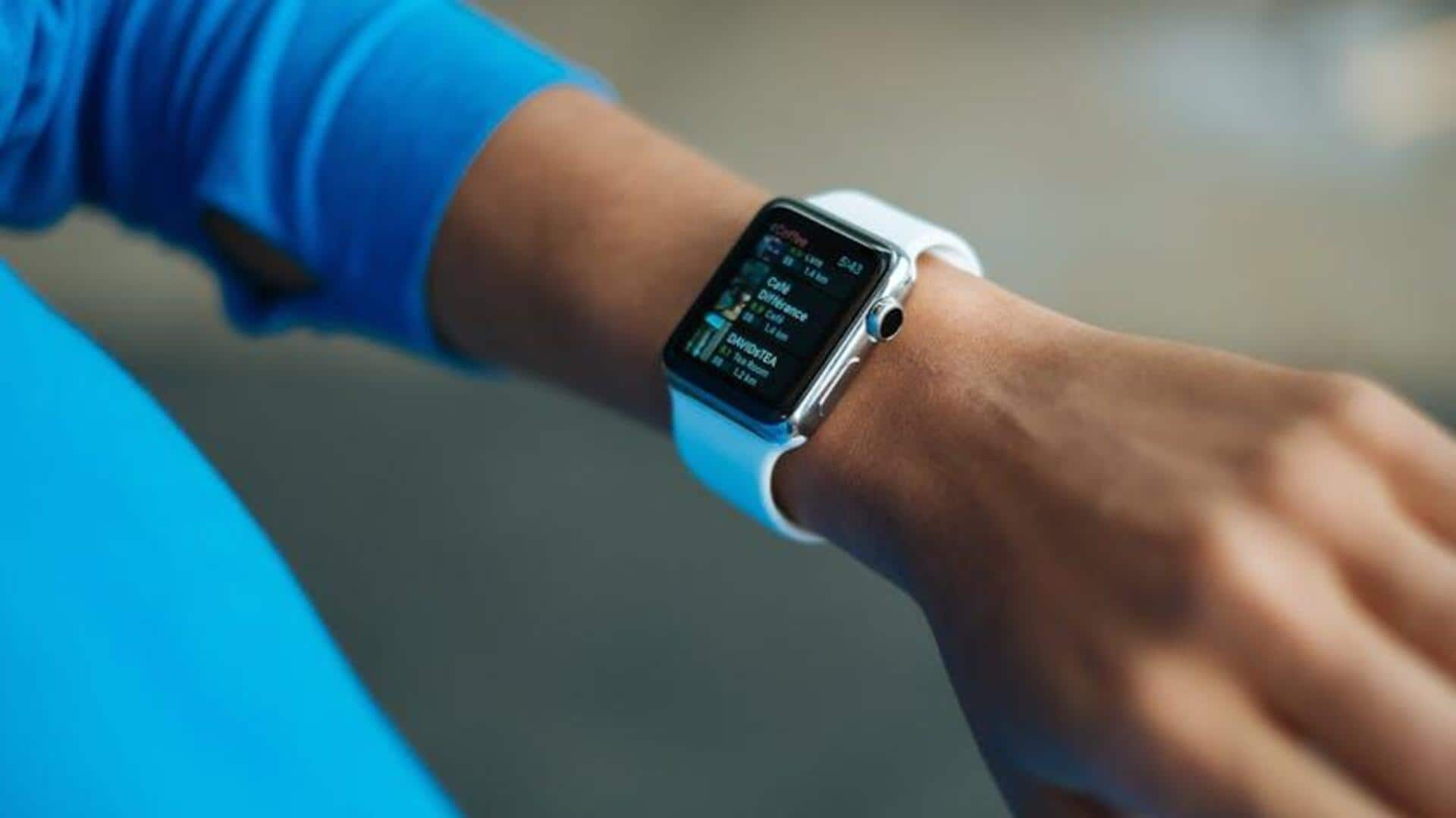
Debunking fitness trackers: 5 myths you should know
What's the story
Fitness trackers have become a staple in the world of health and wellness. They promise to help users monitor their physical activity, improve their overall fitness.
However, there are several misconceptions surrounding these devices, which many people believe.
Understanding these myths can help you make more informed decisions about how you use your fitness trackers, and what you expect from them.
Step count
Accuracy of step counts
Many of us would assume fitness trackers deliver perfectly accurate step counts.
While these devices are indeed made to track our movement, most of them use algorithms to estimate the number of steps by analyzing the motion patterns.
Things like wrist movement or the activity being performed can cause a variation in the count.
Users should understand that fitness trackers give a general idea of daily activity levels, not precise ones.
Heart rate
Heart rate monitoring limitations
Fitness trackers largely come with heart rate monitoring capabilities, but it's essential to note that they aren't fool-proof.
Usually, these devices employ optical sensors to detect changes in blood flow under the skin.
However, the process can be influenced by the way skin tone or where you wear the device.
This means heart rate readings may not always be 100% accurate during heavy workouts or loose wear.
Calorie burn
Calorie burn estimations
Another common misconception is that fitness trackers give exact calorie burn data.
While these estimates are based on algorithms considering factors such as age, weight, and heart rate, they may not accurately account for individual metabolic differences or specific activities.
Hence, users should view calorie burn numbers as rough estimates rather than precise measurements.
Sleep tracking
Sleep tracking myths
Sleep tracking has become a common feature in most of today's fitness trackers, but it's not without flaws.
These devices typically rely on motion sensors to detect sleep stages and duration but can't measure brain activity directly as clinical sleep studies do.
As a result, while useful for spotting general sleep patterns, tracker data may not completely reflect the complexity of one's sleep quality.
Technology dependence
Overreliance on technology
Another major misconception is that people think putting on a fitness tracker would get them healthy without them having to put in any extra work themselves.
Something like sticking to healthy diets or doing regular workout sessions (beyond what's tracked by technology itself) can go a long way in achieving what you want beyond solely relying on wearable tech gadgets!